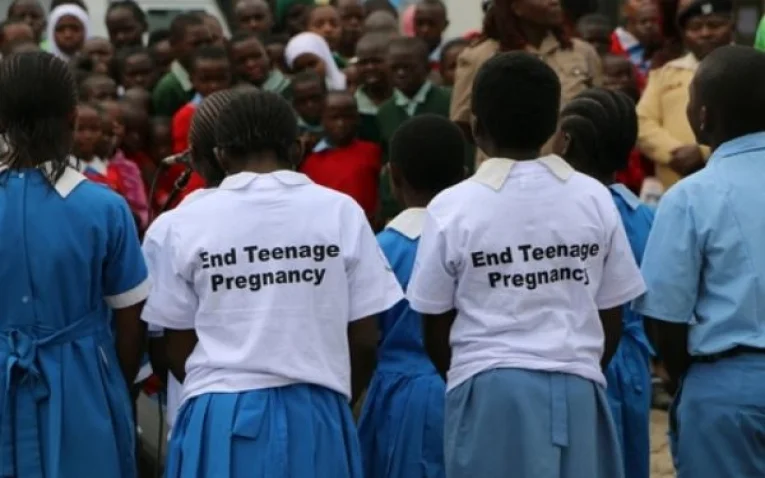From April to June 2020, Kenya recorded 152,000 teenage pregnancies, a 40% increase over the monthly average, driven by COVID-19 lockdown restrictions, per Kenya Health Information System (KHIS) data. Machakos County alone reported 3,964 pregnancies among girls under 19. Refugee camps saw sharp rises: Kakuma camp recorded 62 pregnancies in June 2020, up from eight in June 2019, while Dadaab camp noted a 28% increase from April to June compared to 2019, per International Rescue Committee (IRC) findings.
Lockdown Disrupts Health Services
Kenya’s April 2020 lockdown, which closed schools and restricted movement to curb COVID-19’s spread, severely limited access to sexual and reproductive health services, per UNFPA reports. Dr. Manisha Kumar of Médecins Sans Frontières (MSF) noted that hospitals redirected resources to COVID-19, sidelining routine care. “This shift caused a rise in preventable maternal and child deaths,” Kumar said during a July 2020 virtual press conference, highlighting the crisis’s collateral damage.
Refugee Camps Hit Hard
Girls in refugee camps faced heightened risks, with limited access to contraceptives and health education exacerbating vulnerabilities, per IRC data. Kakuma and Dadaab, hosting 190,000 and 210,000 refugees respectively in 2020, saw increased gender-based violence and economic hardship, driving pregnancy rates. The lockdown’s economic toll, including job losses and food insecurity, mirrored regional challenges like those in Nigeria, per a previous artifact on COVID-19 impacts.
Global and Local Risks
The World Health Organization (WHO) identifies pregnancy complications as the leading cause of death for girls aged 15–19 globally, with 99% of such deaths in low- and middle-income countries, per WHO 2020 reports. Teenage mothers in Kenya face poverty and domestic violence due to weak social safety nets and cultural norms, per UN Women. The United Nations Population Fund (UNFPA) warned in April 2020 that lockdown disruptions could lead to 7 million unintended pregnancies globally, including 47 million women losing contraceptive access.
Calls for Action
Plan International Kenya’s country director, Kate Maina-Vorley, called the surge “alarming,” noting lifelong consequences for affected girls. The organization urged governments to integrate sexual health into COVID-19 response plans, leveraging social media and telehealth for education, per Plan International’s 2020 statement. This aligns with regional efforts, like Senegal’s urban safety measures during the pandemic, per a previous artifact on Sandaga market.
Path Forward
Kenya’s government must prioritize reproductive health funding and access, especially in refugee camps, to curb the crisis, per UNFPA recommendations. With 16 million women of reproductive age in Kenya in 2020, per KNBS, and a 23% adolescent fertility rate, per World Bank, innovative solutions like online health platforms are critical. Addressing economic and social barriers, alongside health infrastructure gaps, will mitigate the pandemic’s lasting impact on young women.






